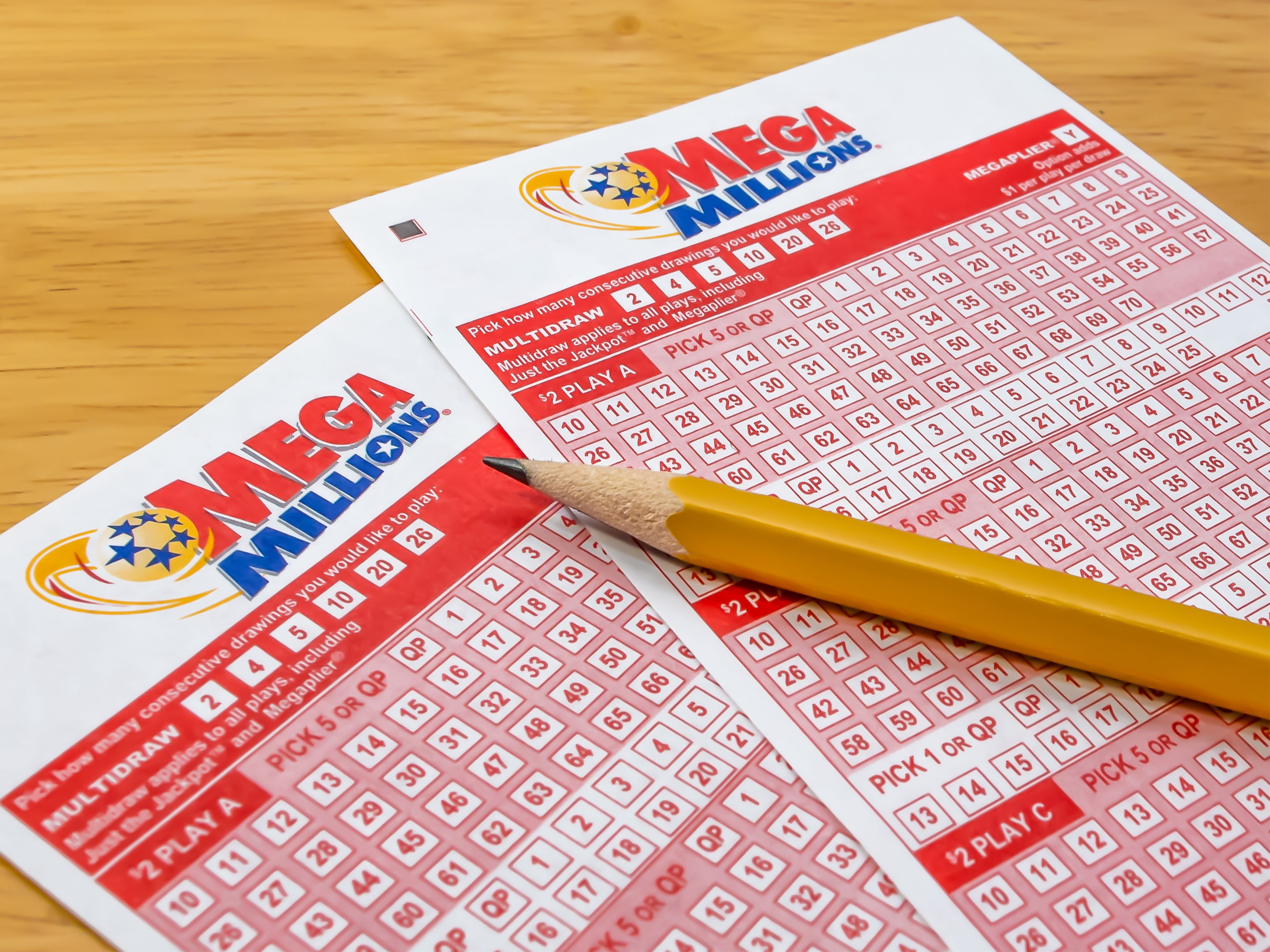Winning the Lottery: Is It Really Worth It?
Have you ever dreamed of winning the lottery? The thought of hitting the jackpot and becoming an instant millionaire is undoubtedly exciting. Who wouldn't want to have the financial freedom to travel the world, buy their dream home, or retire early?
But before you rush out to buy a ticket, it's essential to understand the realities of the lottery. Winning the lottery may seem like a fairy tale ending, but the odds of hitting the jackpot are incredibly slim. In this article, we'll explore the world of lotteries, the odds of winning, and whether it's really worth it to play.
What is a Lottery?
A lottery is a form of gambling that involves drawing numbers at random to win a prize. Lotteries have been around for centuries and are popular all over the world. In the United States, lotteries are legal in 45 states, with only Utah, Hawaii, Nevada, Alabama, and Alaska prohibiting them.
Lotteries come in different forms, such as scratch-off tickets, daily drawings, and multi-state games like Powerball and Mega Millions. Each game has its own set of rules, odds, and prizes.
The Odds of Winning the Lottery
The odds of winning the lottery vary depending on the game you play. Scratch-off tickets usually have the highest odds of winning, but the prizes are smaller. Daily drawings typically have better odds than multi-state games, but the jackpots are smaller as well.
Multi-state games like Powerball and Mega Millions have the largest jackpots, but the odds of winning are incredibly slim. The odds of winning the Powerball jackpot are 1 in 292,201,338, while the odds of winning the Mega Millions jackpot are 1 in 302,575,350. To put it into perspective, you have a better chance of being struck by lightning (1 in 500,000) or becoming a movie star (1 in 1,505,000) than winning the lottery.
Is Playing the Lottery Worth It?
While the allure of winning a massive jackpot may be tempting, the odds of winning are so slim that playing the lottery is not a wise financial decision. The vast majority of people who play the lottery will never win a significant prize, and many will lose more money than they win.
According to a study by Bankrate, the average American spends $223 per year on lottery tickets. Over a lifetime, that adds up to more than $17,000. If that money were invested instead, it could grow to over $40,000 after 20 years, assuming a 7% annual return. That's a significant amount of money that could be put toward more practical things like paying off debt, saving for retirement, or investing in a business.
Furthermore, winning the lottery can actually create more problems than it solves. Many lottery winners experience financial troubles, legal issues, and personal problems after winning a large sum of money. They may be inundated with requests for money from family, friends, and strangers, and may struggle to adjust to their newfound wealth.
In summary, winning the lottery may seem like a dream come true, but the odds of hitting the jackpot are incredibly slim. Playing the lottery can be a fun and harmless pastime, but it's important to do so responsibly and with the understanding that the odds are stacked against you. Instead of relying on the lottery to achieve financial success, consider investing your money in a diversified portfolio or using it to pay off debt or save for retirement.
Labels: Business, Interesting


0 Comments:
Post a Comment
Subscribe to Post Comments [Atom]
<< Home